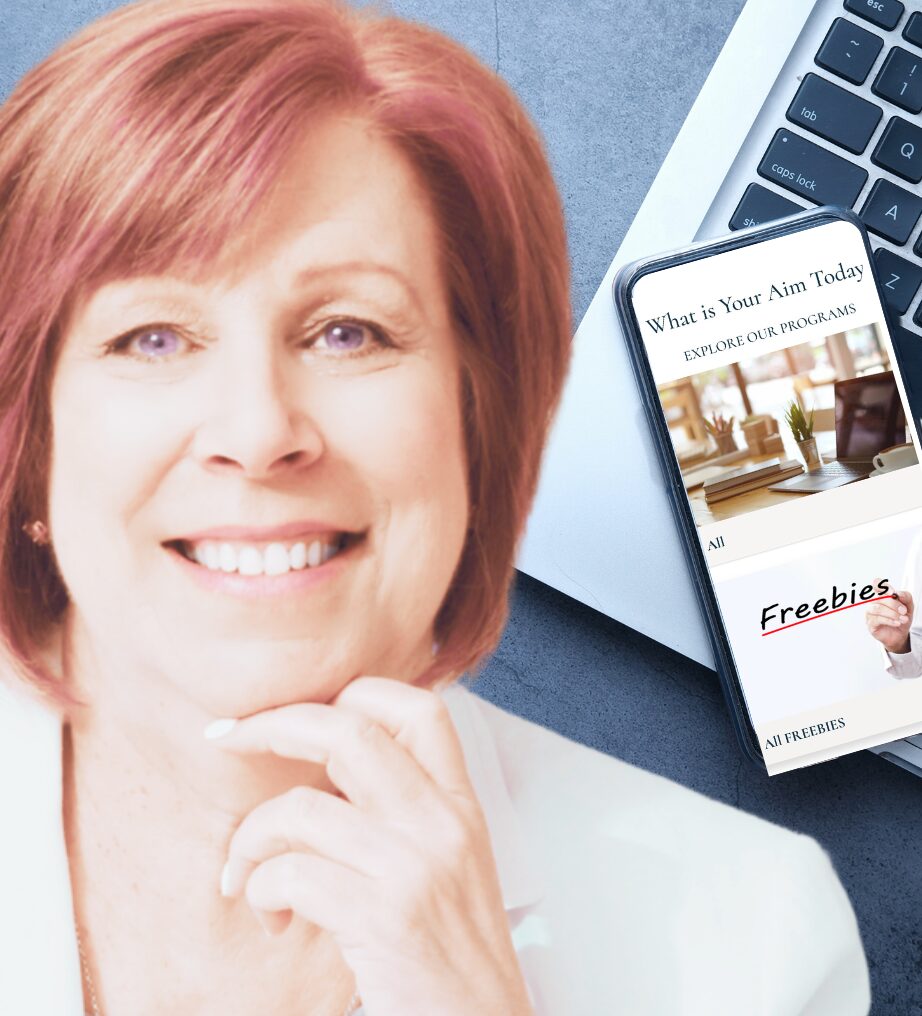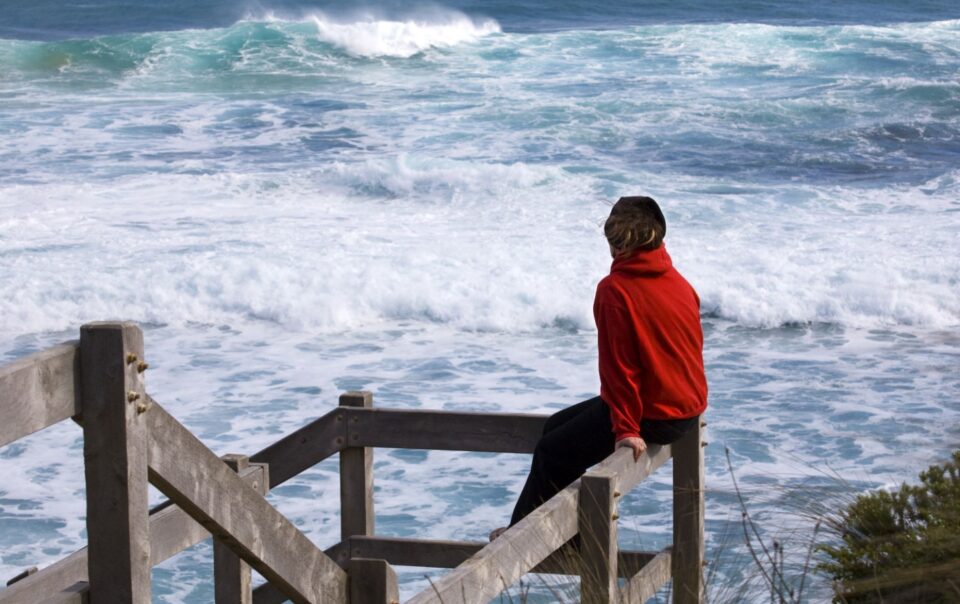
You may be leaking energy if you get overwhelmed, forgetful, or scattered in your life.
What is human energy? It is your precious life force.
Human energy is the strength and vitality required for day-to-day physical and mental activity. We might also think of our mojo as our liveliness, spirit, vibrancy, and sparkle. It’s the energy you bring to focus, create and visualize. It’s where you redirect your thoughts. And it’s where you find gratitude.
What is an energy leak?
Have you ever been to a workshop or a retreat that was so inspiring, restoring, or empowering that your life radically changed? Then, over time, you began losing that enthusiasm and going back to default patterns. Or returning from a beautiful vacation and, within a week, feeling like “it never happened.”
You may be experiencing an energy leak.
An energy leak can cause you to feel tired and foggy. You might notice that you have memory gaps. It might be a worry running in the background of your mind that you keep trying to ignore.
Let’s look at just a few of the typical energy leaks
Here are some examples of energy leaks my clients have shared with me:
- Exhaustion due to overdoing/multitasking
One of the most common energy leaks today is overdoing. Overdoing means having a plate that is too full, leaving little time for the relaxation, play, and social bonding that provide active rest and recharging for the body and mind.
An exhausted body and mind are often riddled with ‘holes’ where energy drains away. Your conditioned mind might be convinced that you can’t afford to do less, but ask yourself, “What price are you paying in the short and long term for a lifestyle of overdoing?”
However proud you are of your ability to multitask, it’s now known that multitasking decreases your effectiveness at all tasks (see John Medina’s work).
When I first began in the training industry, Richard I. Winwood (founder of the Franklin Time Management System) talked about multitasking as working on one thing at a time. How is this multitasking? His system is a method of tracking your work on something, putting it aside while you wait for input from another source, and working on something else while waiting. Rather than today’s definition of multitasking as speaking to someone, writing a text, and cooking dinner simultaneously.
How much downtime do you think you need to interrupt the overdoing habit? It’s probably a lot less than you’d imagine.
Let’s look at what the yoga tradition suggests. Yoga tells us that to be healthy and sane; one needs to have at least four hours off a day, at least one full day off a week, at least one entire weekend off a month, and at least three full weeks off a year. When I say “off,” I don’t just mean not being in the office or working from home. It means unscheduled time unless it is the plan to connect with yourself, your loved ones, nature, and art.
- Dis-ease of the physical body
The second energy leak is intimately related to the first. When we’re overdoing, we tend not to eat well, exercise, sleep less, or have a night of restless sleep, and we stress our bodies overall. It’s at this point that we become vulnerable to getting sick. Several years ago, I visited an Ayurvedic physician. She told me how the conditions for the disease were settling into my body, and she introduced me to a whole new way of eating and repairing those conditions. Making these changes has dramatically improved my consistency of energy and sense of well-being.
- Excess emotional reactivity
As a cognitive neuroscientist recently wrote, “The ability to emotionally regulate one’s response is highly adaptive: It stops us from investing too much energy into [certain] things.”
Believers in a mentally constructed ‘story’ about a situation generate or amplify many emotions. We begin to get into a drama triangle, creating persecutors, victims, and rescuers. When you buy into a story with a strong emotional response, you usually end up blaming the other person for your feelings.
When your assumptions seem like indisputable facts, and you’re filled with self-righteous indignation, that’s emotional reactivity. When you’re curious about where these intense emotions are coming from and can laugh at yourself in wonder, you demonstrate adaptability.
When you buy right into a disparaging comment from a peer and enter a world of hurt, plagued by repetitive painful thoughts (‘How could they?’ ‘What a jerk!’ ‘I can’t believe s/he hates me!’ etc.), that’s emotional reactivity. When you keep your heart open and let yourself feel the pain in the other person and yourself without buying that person’s story, you may even see beauty and opportunity in pain and human presence.
Strong emotions can and will arise. But remaining curious and present reduces the energy leak and reactivity that harms you and others.
- Fixed beliefs or opinions
It can be hard to believe this is an energy leak until you experience the influx of life force that comes from finally admitting that you don’t know anything. All your firmly held beliefs and opinions are wishful thinking, fearful thinking, or someone else’s thinking that was installed in you “as truth” when you were young. The world is far, far too complex, and the variables are too numerous for our little brains to justifiably hold a fixed opinion about anything (apart from your inner experience, perhaps).
Note that having beliefs/opinions is not an energy leak in itself. The leak is gripping tightly to those opinions, unyielding and being hard in your attitude rather than soft and open, and being so convinced you’re right and you know how things are (as opposed to the other guy) that is the energy leak. There’s a lot more to reality than any of us can see; acknowledging that helps you be softer, more open, and better at connecting with others. Our beliefs can often cause us to be resistant to change.
- Unclear relationships / unclear boundaries
The entire range of social norms about relationships is in flux in the 21st century. I hear this quite about from my clients who are dating. There are all levels and kinds of relationships, and not having clarity about what you want and need from a relationship can lead to significant energy leaks.
Of course, when you’re just getting to know someone, it’s normal for the nature of the relationship to be undefined. However, hanging out too long in limbo, where you’re not exactly sure what the other person wants, needs, or feels but hope they’ll come around to your way of seeing the relationship, is a powerful energy drain.
Conversely, being clear about where you’re at but keeping the other person in limbo by not committing to a specific form of relationship with clear agreements or boundaries is also an energy leak (because using other people depletes you).
The solution is communication, but few of us know how to communicate our feelings and needs without framing them in a narrative. Ongoing clarifying dialogue (which doesn’t descend into nitpicking, pseudo-psychoanalysis, or finger-pointing) about what you want, what you’re okay with, and what your loved one wants and is okay with is crucial for relationships that aren’t energy leaks.
Sometimes, the solution isn’t communication; sometimes, you hang on to a relationship past its’ expiration date’ out of fear or attachment. This is a massive energy leak; here, the solution may be to let go and walk away.
- Unconscious speech / excessive speech/gossip / harmful speech
Unconscious speech is another widespread energy leak in our society, which is particularly difficult to shift because of the enormous social pressure to conform to how others around us use language. I always see this on social media where someone dives into insulting, offensive, and disparaging comments. I believe that we need to be passionate about our beliefs. But when we attack others about their beliefs or become abusive in our language, we harm the other and ourselves. (Are you seeing the pattern? We can’t harm others without hurting ourselves.)
A yoga teacher once said, “The power of your words increases in direct proportion to the silence you keep.”
In yoga teachings, before opening a topic of conversation, we ask ourselves four questions or the Four Gates of Speech:
- Is this thing I want to say true?
- Is it necessary or helpful to speak it?
- Have I found a loving way to say it?
- Is it the right time?
Or, in the wise words of my mother, “Sometimes it’s wise to bite your tongue until you’re sure that what you want to say should be said.”
Plugging Your Energy Leaks
Once you know where your energy is leaking, you can begin plugging them. When you’ve filled a leak, you will notice a higher energy level and a more profound sense of your power. You will also have more clarity and peace.
It takes a little time and effort to figure out what is leaking your energy, so let’s get started. Here are just a few suggestions:
- Decide who you want to be.
- Begin each day consciously by setting an intention.
- Monitor and track your thoughts.
- Notice how you speak and the tone you bring to your conversations.
- Find one step you can take now.
- Get support from a therapist or coach.
Support for Your Journey

If you’re ready to uncover your true self, bridge the gap between where you are and where you want to be, and live with greater intention and purpose, I offer this style of coaching. My approach goes beyond improving performance—it’s about holistic personal growth, emotional intelligence, and living a life aligned with your deepest values.
Let’s embark on this transformative journey together. Reach out today to explore how my coaching can help you become the person you’ve always aspired to be. Your best self is waiting. Click here to schedule a FREE Discovery Call with me.
Terri Altschul is an ICF PCC—a Certified Coach with more than 4,00 coaching sessions. She has trained and coached individuals and groups at all stages of their careers and lives in Fortune 100 and 500 companies, Start-ups, and Nonprofit organizations. One of her special gifts is helping you see your untapped potential and identify the blockers to that potential.




